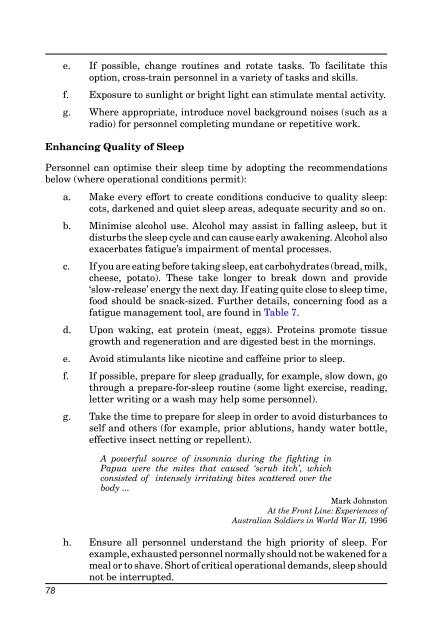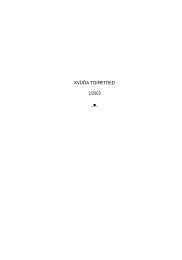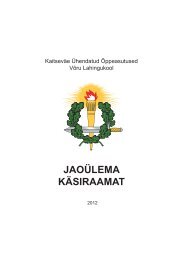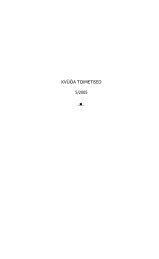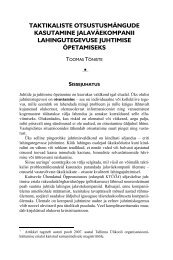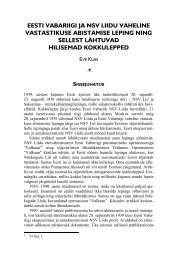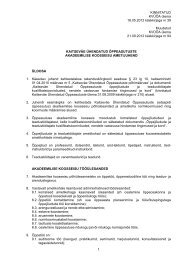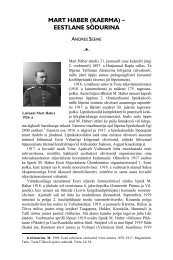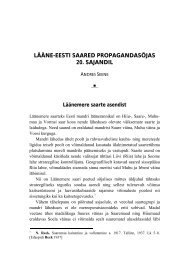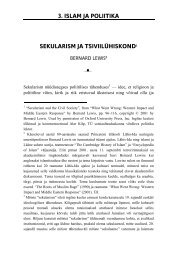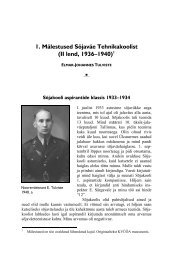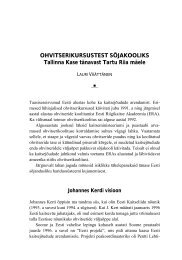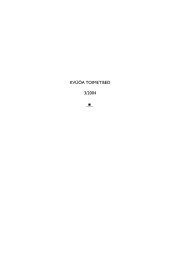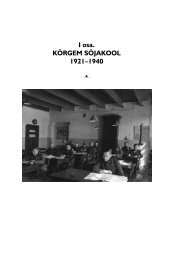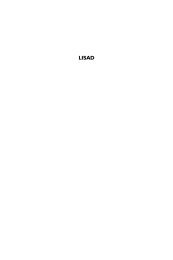Fatigue Management
Fatigue Management
Fatigue Management
Create successful ePaper yourself
Turn your PDF publications into a flip-book with our unique Google optimized e-Paper software.
e. If possible, change routines and rotate tasks. To facilitate this<br />
option, cross-train personnel in a variety of tasks and skills.<br />
f. Exposure to sunlight or bright light can stimulate mental activity.<br />
g. Where appropriate, introduce novel background noises (such as a<br />
radio) for personnel completing mundane or repetitive work.<br />
Enhancing Quality of Sleep<br />
Personnel can optimise their sleep time by adopting the recommendations<br />
below (where operational conditions permit):<br />
a. Make every effort to create conditions conducive to quality sleep:<br />
cots, darkened and quiet sleep areas, adequate security and so on.<br />
b. Minimise alcohol use. Alcohol may assist in falling asleep, but it<br />
disturbs the sleep cycle and can cause early awakening. Alcohol also<br />
exacerbates fatigue's impairment of mental processes.<br />
c. Ifyouareeatingbeforetakingsleep,eatcarbohydrates(bread,milk,<br />
cheese, potato). These take longer to break down and provide<br />
‘slow-release’ energy the next day. If eating quite close to sleep time,<br />
food should be snack-sized. Further details, concerning food as a<br />
fatigue management tool, are found in Table 7.<br />
d. Upon waking, eat protein (meat, eggs). Proteins promote tissue<br />
growth and regeneration and are digested best in the mornings.<br />
e. Avoid stimulants like nicotine and caffeine prior to sleep.<br />
f. If possible, prepare for sleep gradually, for example, slow down, go<br />
through a prepare-for-sleep routine (some light exercise, reading,<br />
letter writing or a wash may help some personnel).<br />
g. Take the time to prepare for sleep in order to avoid disturbances to<br />
self and others (for example, prior ablutions, handy water bottle,<br />
effective insect netting or repellent).<br />
A powerful source of insomnia during the fighting in<br />
Papua were the mites that caused ‘scrub itch', which<br />
consisted of intensely irritating bites scattered over the<br />
body ...<br />
Mark Johnston<br />
At the Front Line: Experiences of<br />
Australian Soldiers in World War II, 1996<br />
78<br />
h. Ensure all personnel understand the high priority of sleep. For<br />
example, exhausted personnel normally should not be wakened for a<br />
meal or to shave. Short of critical operational demands, sleep should<br />
not be interrupted.


